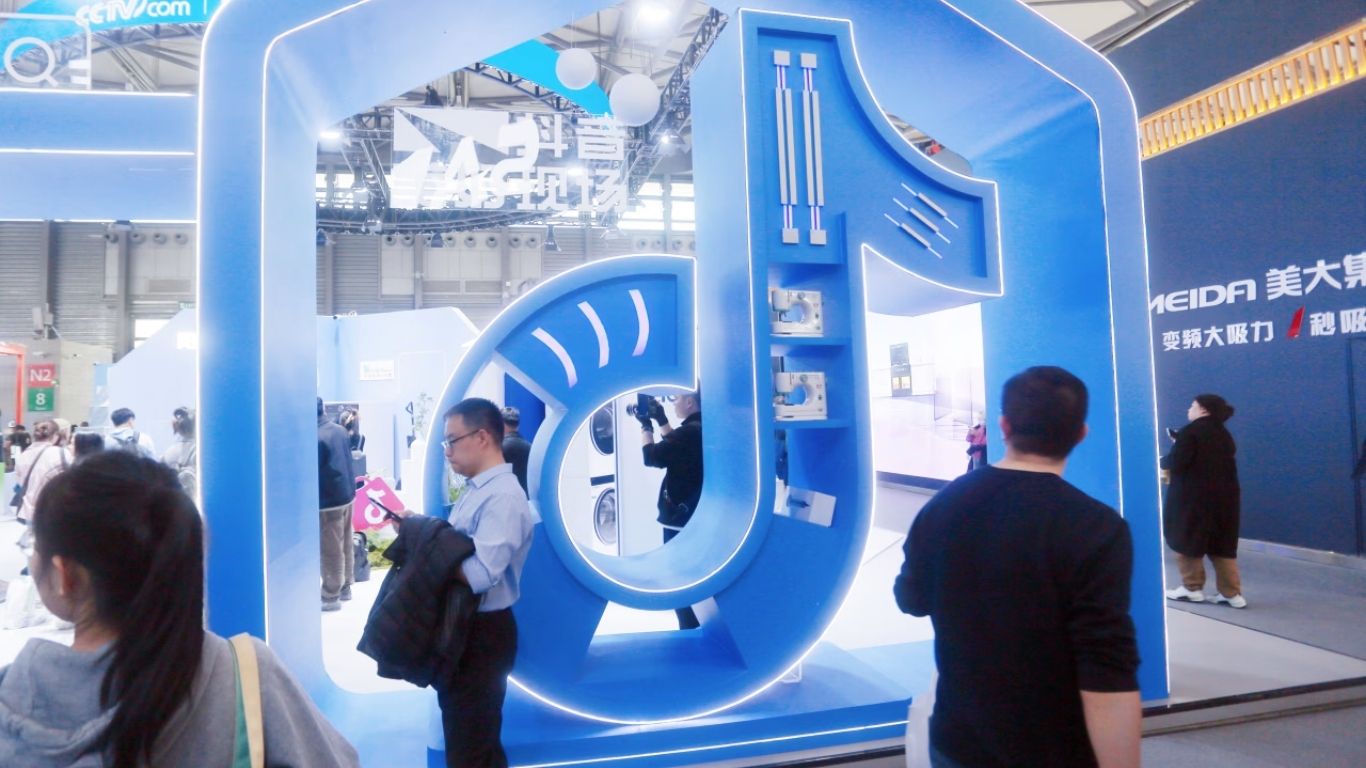A decade ago the global nuclear industry appeared to be in permanent decline. Concerns over maintenance, high costs, and handling radioactive waste had dampened enthusiasm for a technology once hailed as a source of abundant and affordable energy. Now discussions about a nuclear revival are gaining traction, driven by investments from tech giants like Microsoft, Google, and Amazon, alongside mounting pressure on wealthy nations to cut carbon emissions.
A Promising Start Followed by Challenges
When nuclear power emerged in the 1950s and 1960s, the governments were captivated by its immense potential. Reactors promised to harness the same powerful forces as atomic bombs to generate electricity for millions. A single kilogram of uranium could produce about 20 thousand times more energy than a kilogram of coal. Nuclear energy seemed like the future.
However, public fears about nuclear safety grew particularly after the Chernobyl disaster in 1986, which spread radioactive contamination across Europe. This disaster fueled widespread opposition and slowed the industry’s growth. Another major incident at Japan’s Fukushima Daiichi plant in 2011 reignited safety concerns. Following the accident in Japan, all its reactors were temporarily shut down, with only 12 restarting so far. Germany decided to phase out nuclear power entirely, and other countries scaled back their nuclear plans.
Between 2011 and 2020, global nuclear power capacity shrank by 48 GW (GigaWatts), according to the International Atomic Energy Agency, which is known as the IAEA in short. But in countries like China, nuclear development continued. China increased its reactor count from 13 in 2011 to 55 today, with 23 more under construction and playing a key role in meeting its soaring energy demands.
Why Interest Is Growing Again
Interest in nuclear power is resurging in other nations too. This is partly due to the need for cleaner energy to meet emissions targets under the Paris Agreement. With 2024 predicted to be the hottest year on record, the urgency to cut carbon emissions is increasing. Energy security concerns, heightened by Russia’s invasion of Ukraine, have also contributed to nuclear’s renewed appeal.
South Korea reversed its plans to phase out nuclear power and will build more reactors. France, which generates 70% of its electricity from nuclear energy. It has scrapped plans to reduce its reliance and instead aims to build up to eight new reactors. At the COP29 climate conference, the U.S. reaffirmed its commitment to tripling nuclear power production by 2050. A pledge supported by 31 nations, including the UK, France, and Japan. The U.S. and the UK also announced plans to accelerate the development of advanced nuclear technologies.
Tech Giants and Nuclear Power
Tech companies are also fueling demand for nuclear energy. Data centers are essential for artificial intelligence. Applications require constant and reliable electricity. According to Barclays Research, the U.S. data centers currently consume 3.5% of the country’s electricity—a figure that could surpass 9% by the end of the decade.
In the month of September, Microsoft signed a 20-year deal to purchase power from Constellation Energy and reopen the Three Mile Island nuclear plant in Pennsylvania, which is the site of the worst nuclear accident in U.S. history. Google and Amazon are also investing in small modular reactors, or SMRs, which are smaller, cheaper, and quicker to build than traditional reactors.
Challenges Facing Nuclear Power
Despite the optimism, the challenges remain. Western nations face difficulties building large-scale nuclear plants due to high costs and long delays. The UK’s Hinkley Point C project, for instance, is five years behind schedule and significantly over budget. Similarly, the U.S. Vogtle reactors opened seven years late, with the costs more than doubling. SMRs offer a potential solution by using standardized components to simplify construction. However, while many designs are in development, the technology is not yet commercially proven.
Polarized Opinions
The nuclear debate is deeply divided. Advocates argue that nuclear energy is essential for achieving the climate goals. Rod Adams of Nucleation Capital highlights its safety record and reliability, noting that high upfront costs remain the primary barrier in Western countries. Critics like Professor M.V. Ramana argue that nuclear energy is expensive and not truly clean and suggest investments in cheaper renewable sources would yield greater emission reductions.
Another unresolved issue is radioactive waste. After 70 years of nuclear power, there is no universal solution for managing hazardous waste, which can remain dangerous for hundreds of thousands of years. Many countries propose deep geological disposal, but only Finland has implemented this solution. Environmentalists argue that burying waste poses significant risks.Resolving these challenges will determine whether nuclear power can truly enter a new era.



